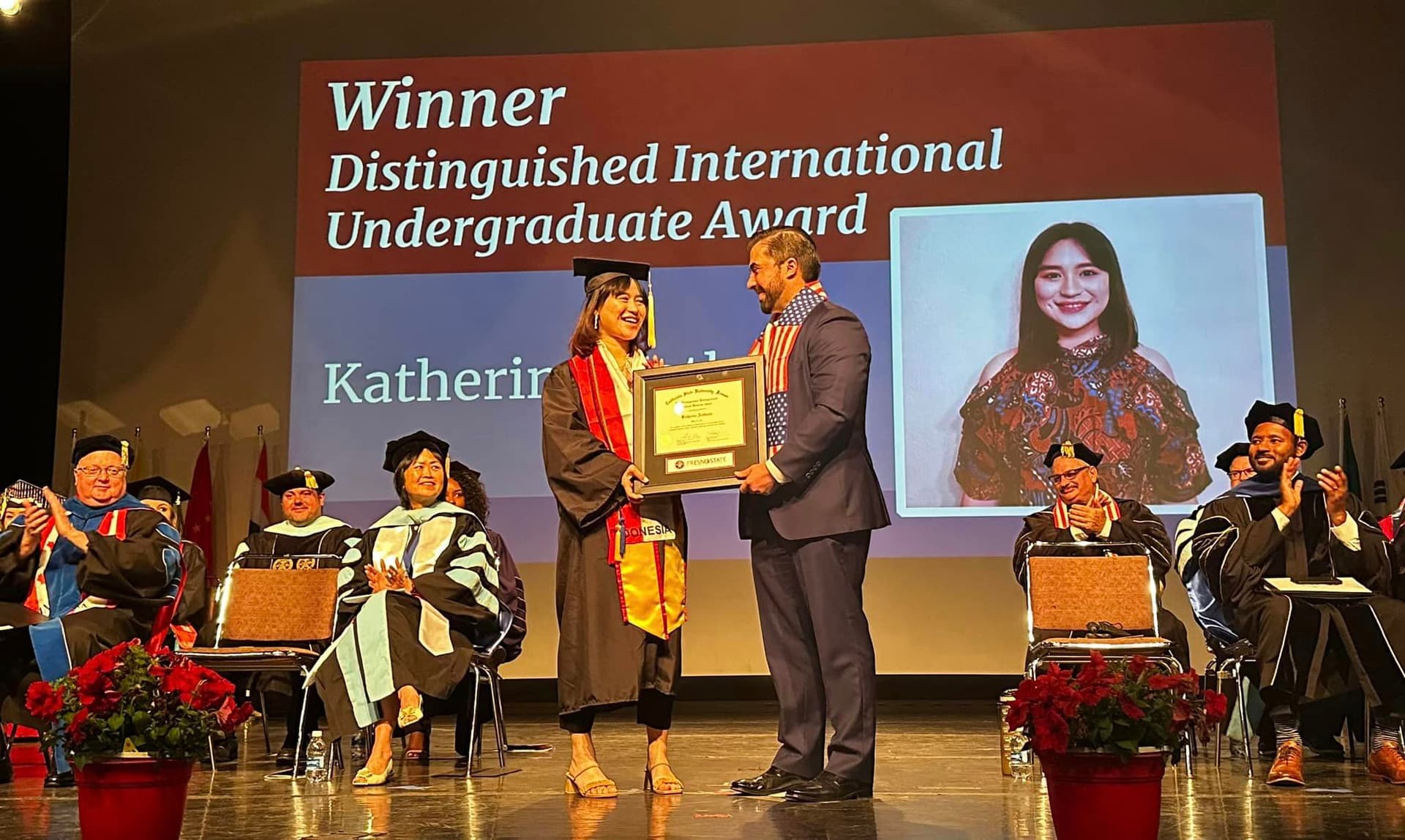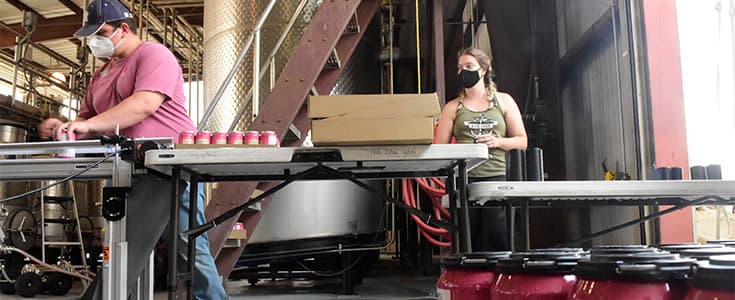Fresno State Wins Regional Soil Judging, Advances to Nationals
Fresno State’s soil judging team captured both team and individual regional titles at a competition, an achievement that secures qualification for upcoming national contests and raises the university’s profile in agriscience. The victory matters locally because soil science underpins crop yields, water quality, and farmworker safety, all central to Fresno County public health and economic resilience.
Listen to Article
Click play to generate audio

Fresno State’s soil judging team took top honors at a regional competition, earning both the team championship and individual regional titles, according to a Jordan College news listing published November 12, 2025. The wins qualify the team and the individual students for national level contests and reinforce Fresno State’s reputation in agricultural science competitions.
Soil judging is a practical discipline that trains students to evaluate soil properties, landscape position, and suitability for different crops and land uses. Those skills are directly tied to agricultural productivity in Fresno County, which depends on healthy soils for vegetable, fruit and nut production. Practical training like this translates to field ready skills for students who will work on farms, in agricultural consulting, and in public agencies that oversee land and water resources.
Beyond farm economics, soil science has clear public health implications. Soil structure and composition influence nutrient cycling and crop quality, which affects local food supply and nutrition. Soil contamination and erosion affect water quality in irrigation supplies and drinking water sources, creating pathways for exposure to pollutants for farmworkers and nearby communities. Strengthening local capacity in soil assessment can help identify and address problems early, reducing risks to community health and the regional environment.
The competition win also has workforce development implications. Agricultural employers in Fresno County need graduates who can apply scientific methods to real world farm challenges. Success in regional contests signals that Fresno State is producing graduates with applied experience, which can expand employment pipelines in agribusiness, conservation, and regulatory roles. It can also support broader community resilience by helping farms adapt to climate variability through better soil management.
There are policy and equity dimensions to the achievement. Investment in hands on agriscience education can help diversify professional pathways for students from underrepresented backgrounds in the San Joaquin Valley. It can also support public programs that fund soil testing, extension services, and remediation projects in disadvantaged neighborhoods that face disproportionate environmental burdens. Local and state policymakers can leverage successes like this to argue for sustained funding for university programs that link technical training to community health outcomes.
For readers seeking more detail on individual contestants, scores and coach commentary, the specific item in Fresno State’s Jordan College news archive contains that information. With nationals on the horizon, the team’s regional victories are both a point of pride for the university and a reminder that technical knowledge about soil matters for public health, environmental stewardship and economic stability across Fresno County.

